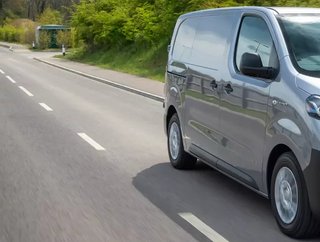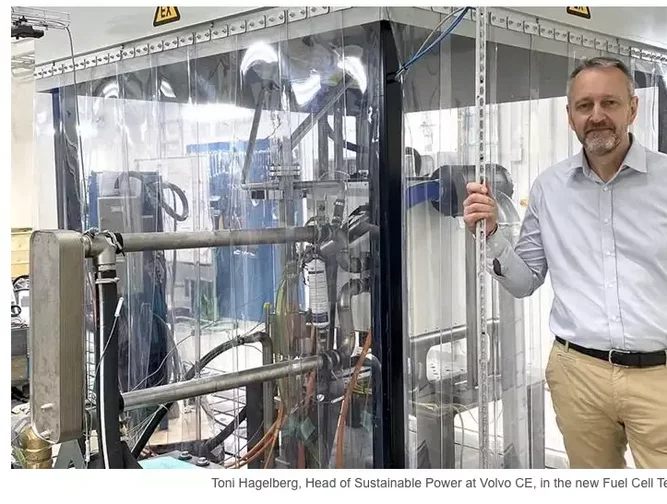Toyota unveils electric van and Volvo opens fuel cell lab

Toyota is launching its first zero emission battery electric vehicle, the Proace Electric medium-duty panel van, across Europe.
The model, which offers a choice of 50 or 75kWh lithium-ion batteries with range of up to 205 miles, is being rolled out in the UK, Denmark, Finland, France, Germany, Italy, Spain and Sweden.
At present, alternative fuel vehicles (AFVs, including battery electric vehicles) account for only a fraction – around 1.8 per cent – of new light commercial van sales in the UK, but a number of factors are accelerating demand for practical alternatives to vans with conventional internal combustion engines.
Low and zero emission zones are coming into force to reduce local pollution and improve air quality in urban centres, at the same time as rapid growth in ecommerce is generating more day-to-day delivery traffic.
Meanwhile the opening of Volvo's first dedicated fuel cell test lab in Volvo Group, marks a significant milestone in the manufacturer’s ambition to be fossil-free by 2040.
Fuel cells work by combining hydrogen with oxygen, with the resulting chemical reaction producing electricity. The process is completely emission-free, with water vapour being the only by-product.
Toni Hagelberg, Head of Sustainable Power at Volvo CE, says fuel cell technology is a key enabler of sustainable solutions for heavier construction machines, and this investment provides another vital tool in its work to reach targets.
"The lab will also serve Volvo Group globally, as it’s the first to offer this kind of advanced testing," he said.
The Fuel Cell Test Lab is a demonstration of the same dedication to hydrogen fuel cell technology, as the recent launch of cell centric, a joint venture by Volvo Group and Daimler Truck to accelerate the development, production and commercialization of fuel cell solutions within long-haul trucking and beyond. Both form a key part of the Group’s overall ambition to be 100% fossil free by 2040.







